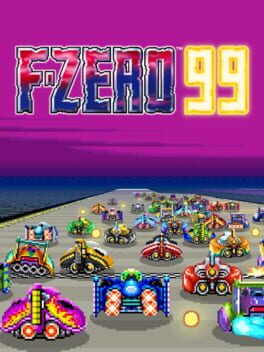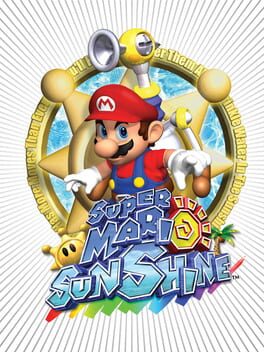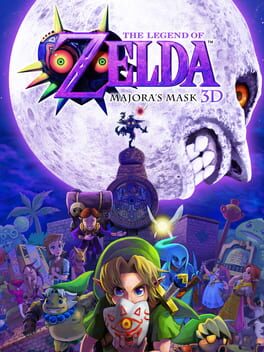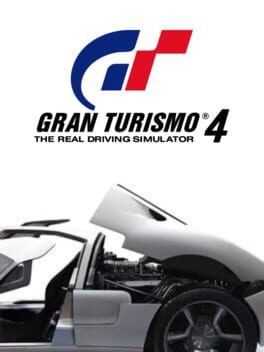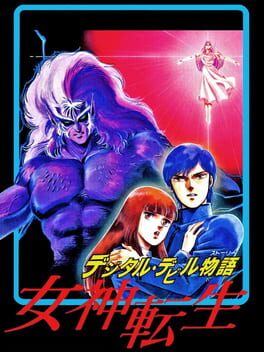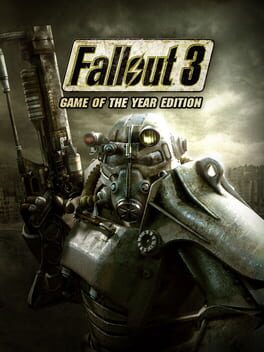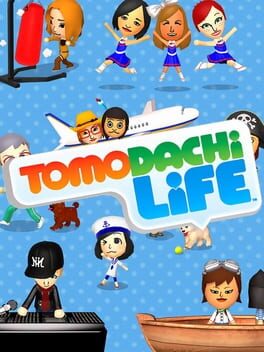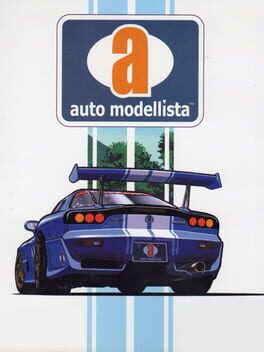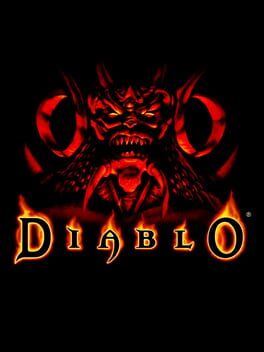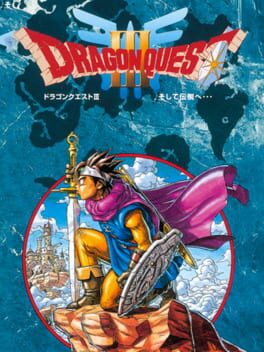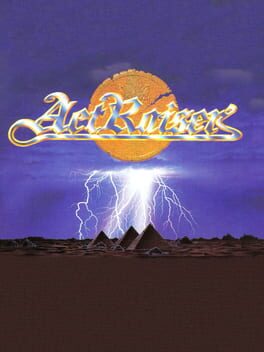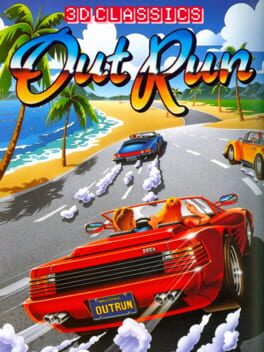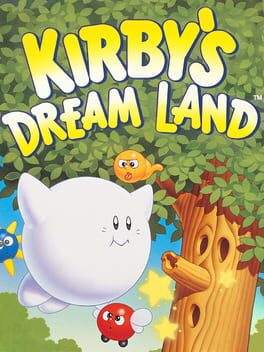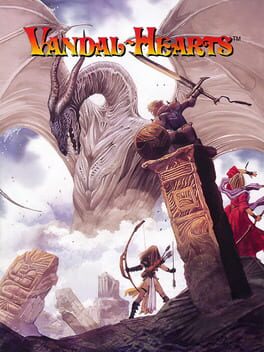KKGlider
2023
Perfectly designed in the same way pinball is perfectly designed. Kinetic gameplay, with simple rules, clear objectives, and immediate feedback. It's easy to learn, but hard to master. It involves skill, strategy, and luck. It offers variety, unpredictability, and replayability. All that, dressed in a nostalgic and aesthetically appealing presentation, while being playable anytime and anywhere with WiFi.
2002
Mario Sunshine makes a great first impression. It looks great, and as you start the game, you'll find that is also plays quite well. But as it goes on, it begins to fall off. The "episodic" nature of the levels makes for a radically uneven experience. A lot of the episodes are great, but some veer off into utter frustration. And when you reach the end, it kind of just falls flat. High highs, and very low lows. And the collectathon is not fun. Skip it, if you're not a Mario fan.
Though innovative and unique for its time, Majora's Mask is far from perfect. Its old design feels bloated and meandering, and it's often frustrating or just plain not fun. That said, it is still a Zelda game, and the dungeons are as good as ever. Beyond that, its spirit and presentation have a kind of specialness that makes it very easy to like. Ultimately, for fans, it's worth experiencing, and the 3DS version is the definitive unemulated version.
2004
Playing GT4 on original hardware, in 1080i, is astonishing. How can a PS2 game look so good? But it's not just its looks, every facet of GT4 is lovingly and expertly crafted. It is a truly remarkable thing. But is it worth going back to? The problem is that this a "simulator" more than a game, and while the gameplay is great, its sim part doesn't hold up as well. It was a near perfect experience during its time, but now, it's a relic--precious, important, and maybe worth a visit--but a relic.
While I do believe the 8-bit version of Digital Devil Story: Megami Tensei is the platonic ideal--just aesthetically, in every way--it's barely playable by modern standards. If you're interested in MegaTen games--or 8-bit RPGs in general--it's definitely worth experiencing, but watching a playthrough may just be enough. If you're dead set on experiencing the gameplay of an early MegaTen, then start with the Super Famicom.
With insanely high production quality and expert world building, there's a lot to like in Fallout 3. Narratively, it's also pretty good. But is it a good game? The Capital Wasteland is—ironically—rich and filled with interesting characters, and a lot of the fun is exploring it, but that's the crux of it: when it comes to "playing" Fallout 3, it's essentially just a series of menu selections. If that sounds alright with you—and you can bear the technical difficulties—then by all means.
1999
As a nascent example of videogames becoming more filmic in presentation and design Silent Hill is at least interesting. If the goal here was horror, then I think it hits the mark. The direction is probably its strongest point, but just aesthetically and maybe even narratively it's great. So, if you're looking for a horror experience, it should satisfy, but as a game, it's quite compromised—gameplay is often shallow or simply not fun.
2013
In truth, this is essentially a tech demo for Nintendo's speech synthesizer, with just enough dressing around it to justify charging for it. But I'm so glad they went ahead with its release. While more of a toy (like a digital pet) than a game, it's still an utter delight to play with. Sure, the novelty of it all is doing a lot of the work to get the ol' dopamine flowing, but the laugh out loud humor of it all is priceless. I wish everyone could at least try it. Miitomo could never.
2002
When directly compared to its contemporaries, it's no wonder Auto Modelista was critically panned. However, after all this time, I'd argue that it's held up better than any other racer. Sure, visually and stylistically, nothing compares, but also—to this day—no other game captures the thrill of drifting down Mt. Akagi like Auto Modelista. And make no mistake, it's all about drifting; if you're in for that, then adding this game to your collection makes it a joy to revisit over and over.
1996
As an action RPG, the action is about as dynamic as a clicker game, and the roleplaying is somehow even less deep than the original Dragon Quest. Not everyone is in on frenetic action or deep roleplaying though, so it could be that its accessibility is its appeal. Sure, numbers go up—and that can be addictive—and it's easy to jump in and repeat. Plus, the vibes are spot on. But is it worth revisiting? Even in 1996 there were much more engaging games... and this came out in '97.
Dragon Quest III was a momentous game in 1988. It rounds out the trilogy very nicely and the SFC remake is an excellent rendition.
In 1988, DQIII outsold and outscored Super Mario Bros. 3 on the Japanese charts, but despite that, it doesn’t have the same legacy; many consider SMB3 to be the greatest game of all time. I can see that. But the bottom line is: I would just rather hang out in the world of DQIII than in the Mushroom Kingdom, and sometimes, a videogame is just about hanging out.
In 1988, DQIII outsold and outscored Super Mario Bros. 3 on the Japanese charts, but despite that, it doesn’t have the same legacy; many consider SMB3 to be the greatest game of all time. I can see that. But the bottom line is: I would just rather hang out in the world of DQIII than in the Mushroom Kingdom, and sometimes, a videogame is just about hanging out.
1990
Short, simple, and utterly charming. ActRaiser was unique for its time, and surprisingly, still is. An excellent example of a game that's more than the sum of its parts. That said, it is somewhat half-baked and the concepts are not fully realized, it seems. If you're churning through the 16-bit era though, it's worth a visit.
2015
OutRun is undoubtably one of the greats, and this is the definitive port. At 60 fps, with optional (stunning) stereoscopic 3D, and additional music tracks, it doesn't get better than this (save for maybe the deluxe cabinet). Will you enjoy it? I'd hope. But if you can't enjoy cruising in a Ferrari Testarossa Spider, with a Yamaha YM2151 blasting out some chill as hell city pop, as a 16-bit sunset descends into the horizon, I can't help you.
1992
1996
Imagine inserting this disc into your PS1 and being immediately greeted with CD quality voice audio and 3D CG, in 1996. This, at a time when the SNES was still going strong. The tech was Vandal Heart's strongest feature, but all these decades later, it doesn't quite hold up. The gameplay is fine, sure, and the story is serviceable, but it all amounts to a pretty barebones and dated TRPG. In 1996, there wasn't much like it, but now, you're likely better off playing something else.
